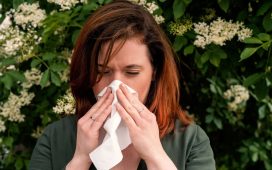I am writing in response to your article as one of the scientists named in it (Scientists on panel defending ultra-processed foods linked to food firms, 28 September). I am a researcher at Quadram Institute Bioscience with almost 40 years’ research experience. My research focuses on the mechanisms by which food and its composition underpin health benefits or harms.
As a government-supported institute, we are encouraged to engage with industry to maximise the impact of our publicly funded research, to translate the findings towards benefiting the public. We work with food companies from time to time to try to help improve the health impacts of foods.
The benefit of working with industry is that we can access processing technologies and understand the role of processing in a real world environment. While most of my research has been publicly funded, a small amount has been collaboratively supported by food companies to tackle specific issues around food processing and functionality.
The definition of ultra-processed foods (UPFs) is generic and not based on current scientific evidence. This results in the classification incorporating foods that have been designed to have a positive impact on health.
We cannot say that all UPFs are unhealthy, in the same way that we cannot say that all unprocessed foods are healthy. We just want an objective, science-based evaluation of the impact of foods on health, irrespective of the level of processing and to move away from the inaccurate position that all processed foods are bad.
Prof Pete Wilde
Quadram Institute Bioscience











